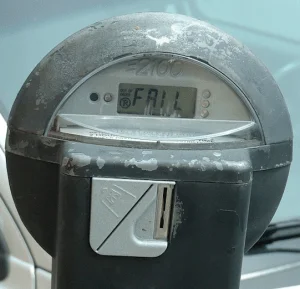
Is California’s E-Bike Boom Set to Surge Despite Roadblocks?
California's innovative e-bike voucher program, designed to promote eco-friendly transportation, is gearing up for a much-anticipated relaunch after a series of technical setbacks. This initiative isn't just about bikes—it's a step toward reducing carbon emissions, easing traffic congestion, and making sustainable living more accessible for low-income residents. As climate change and urban mobility challenges intensify, programs like this could play a pivotal role in reshaping how Californians commute.
The program, run by the California Air Resources Board (CARB), offers vouchers worth up to $2,000 to help eligible residents purchase electric bicycles. Initially delayed in April due to website crashes that left thousands frustrated and unable to apply, the relaunch is now scheduled for 5 p.m. on May 29. This marks the second round, following a wildly popular first phase in December that saw over 100,000 people vying for just 1,000 vouchers. The overwhelming demand highlights a growing appetite for green alternatives amid rising gas prices and environmental concerns.
Diving deeper, the program's structure prioritizes equity: households earning up to 300% of the federal poverty level qualify, with those at 225% or below receiving an extra $250. This approach not only lowers the financial barrier for e-bikes, which range from $1,000 to $6,000, but also encourages a shift from cars to zero-emission options. Experts like Sacramento Council Member Eric Guerra praise e-bikes for their potential to transform lives, citing benefits such as reduced commuting costs and improved health. Yet, the April glitch—where applicants couldn't access the registration system—raises questions about infrastructure readiness. CARB spokesperson Lindsay Buckley explained that the pause was necessary to ensure fairness, but critics, including reports from the San Diego Union-Tribune, point to ongoing mismanagement by contractors like Pedal Ahead, which has faced scrutiny for its handling of the program.

In a broader context, this relaunch underscores California's commitment to safe streets and environmental goals. The state Supreme Court recently ruled that cities must maintain safe roads, a decision stemming from a cyclist's injury in Oakland, reinforcing that e-bikes aren't just about incentives—they're tied to public safety and legal accountability. With only 1,000 vouchers available this round, competition will be fierce, reminiscent of high-demand events like Taylor Swift ticket sales. Advocates argue that overcoming these hurdles could significantly cut carbon emissions and promote healthier lifestyles, but it requires seamless execution to build trust.
Ultimately, this program symbolizes a larger push for sustainable innovation in the U.S. By making e-bikes more affordable, California could inspire other states to follow suit, fostering a greener future. What do you think—will this relaunch finally get things rolling, or are technical issues a sign of deeper problems? Share your thoughts in the comments below and help spread the word on social media to keep the conversation going.